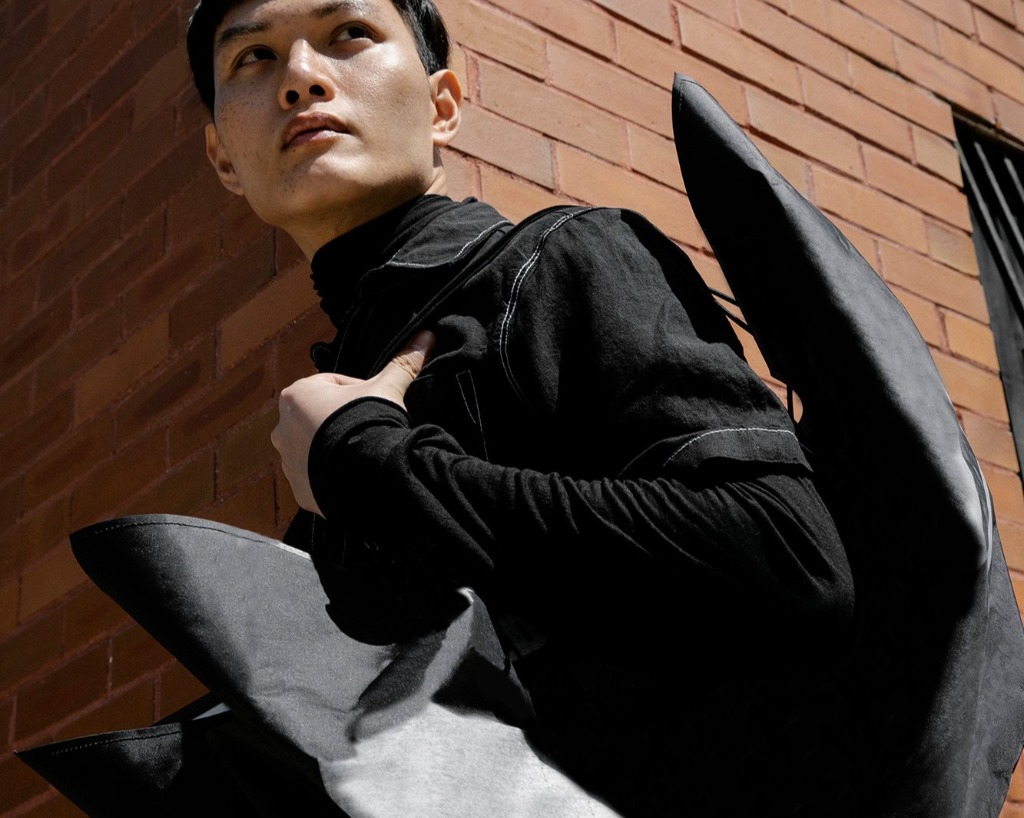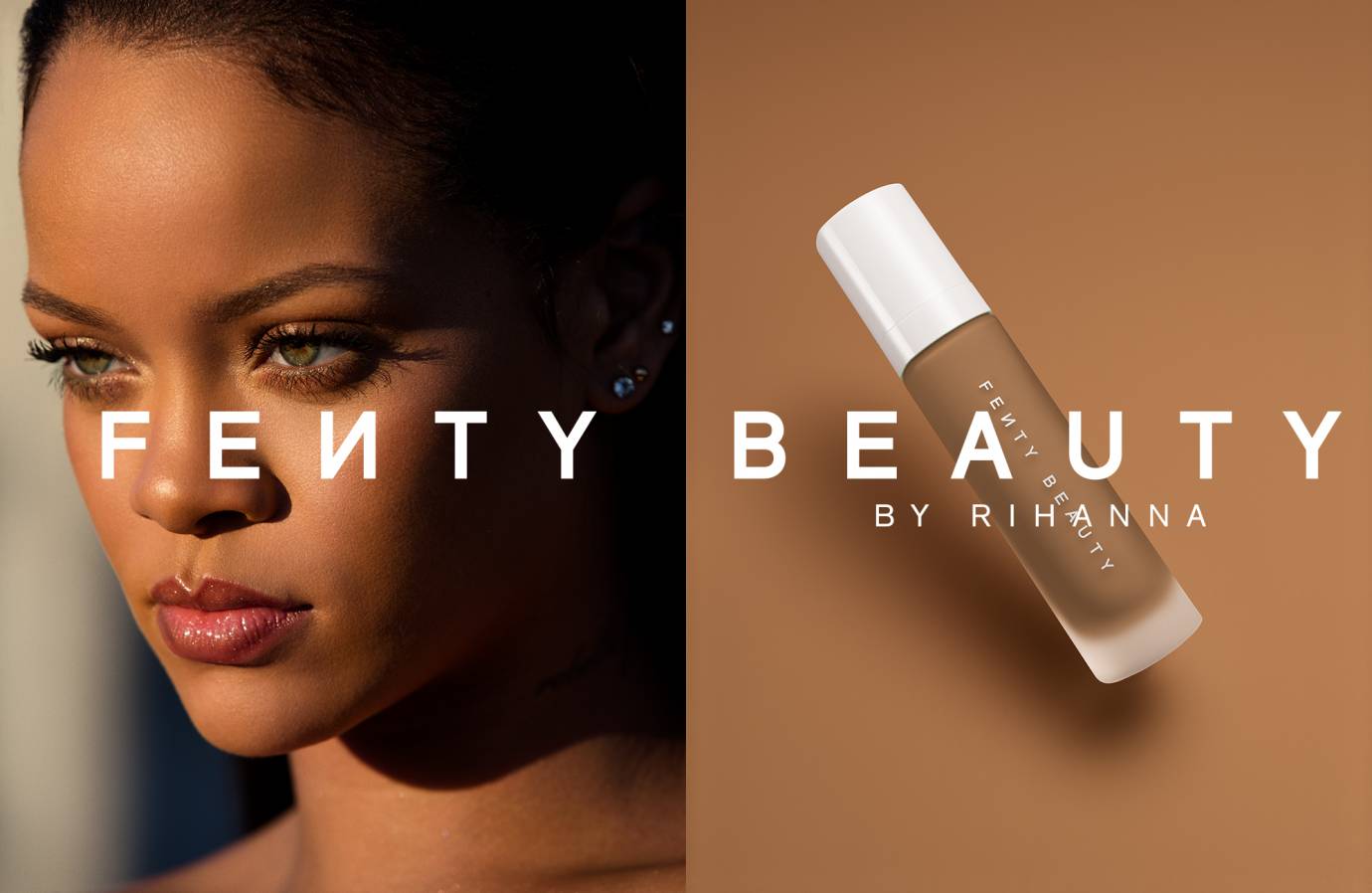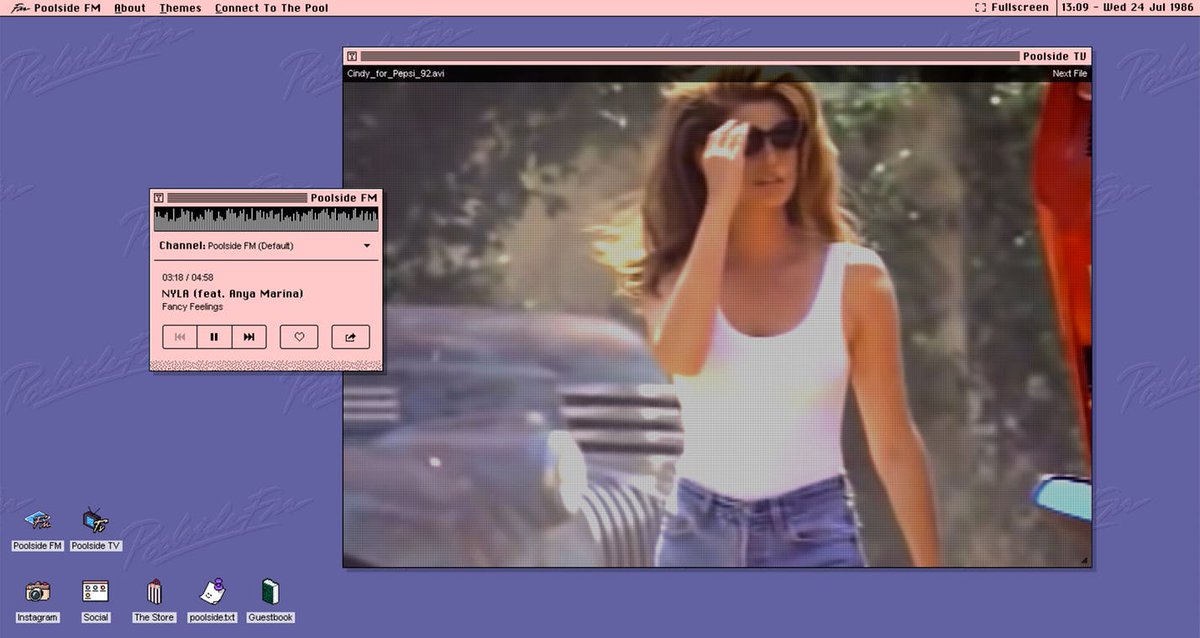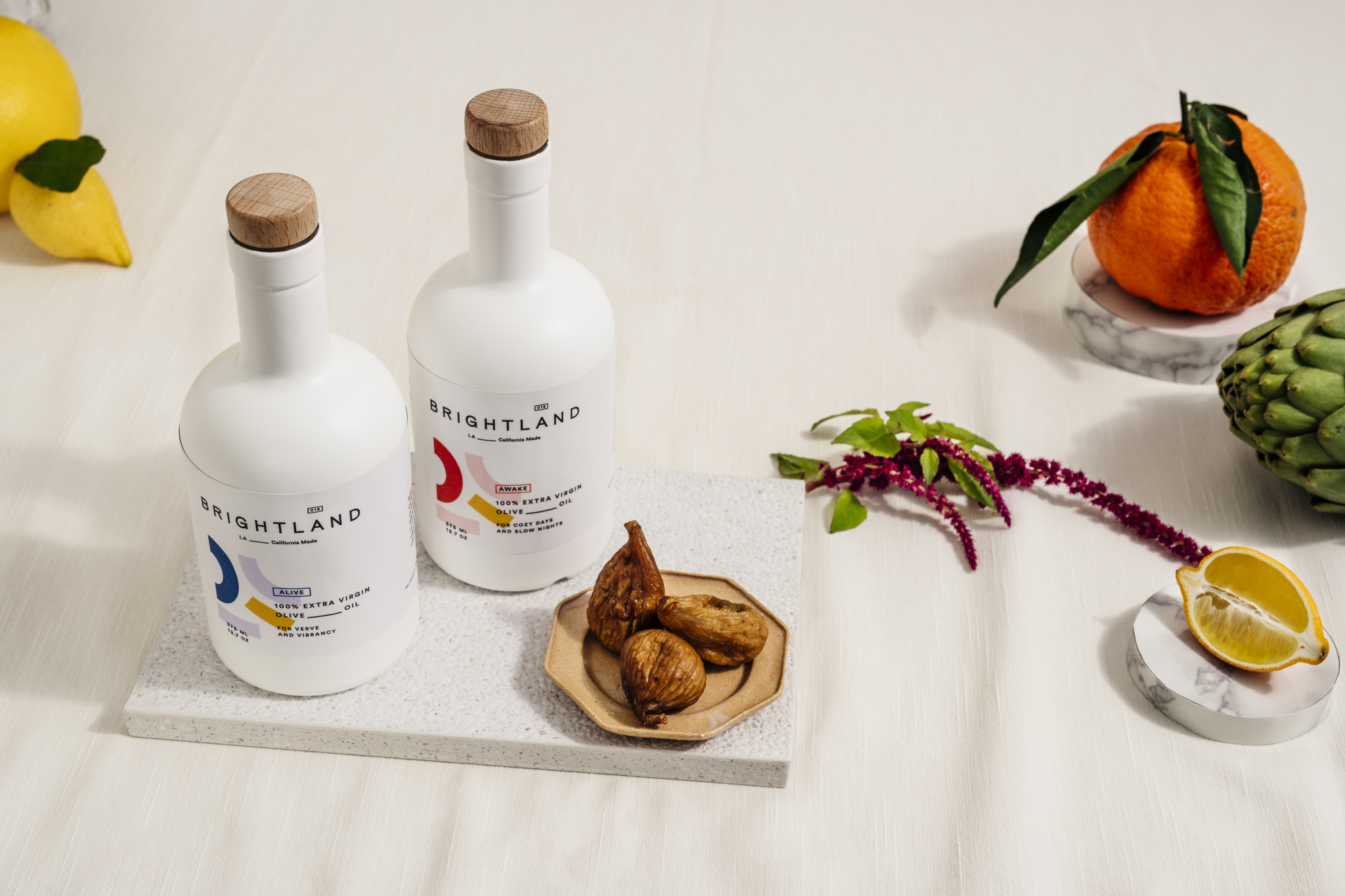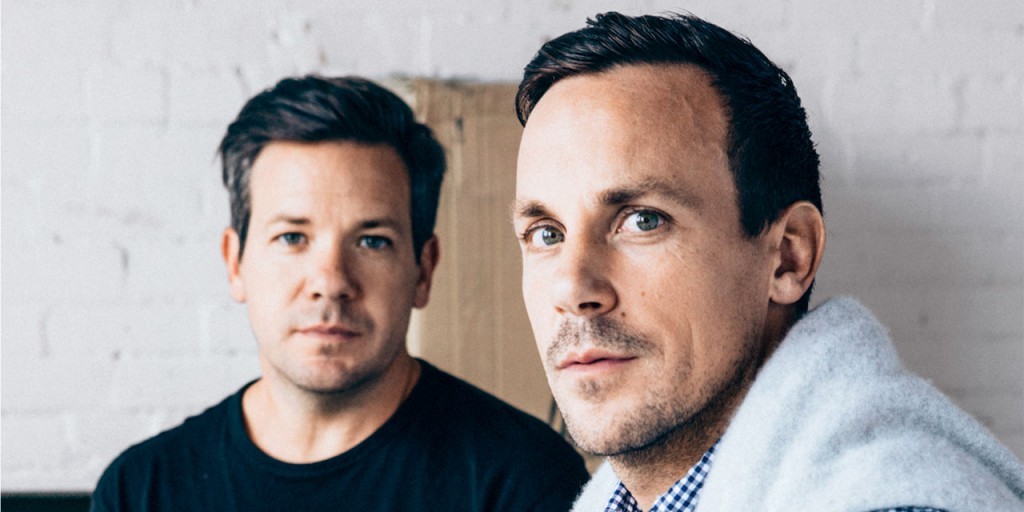
Somewhere in Vancouver last weekend, brothers Jamie, 42, and Lyndon Cormack, 40, clinked glasses, grinned, and toasted each other on another brilliant maneuver.
They had reason to celebrate. On Friday, Business of Fashion (BoF) announced that the Herschel Supply Co. co-founders had acquired Seattle-based fashion retailer, Totokaelo, via their investment arm, Herschel Capital Co.
Alongside a longstanding store in Seattle, Totokaelo had recently opened a swanky, five-story location in Soho New York last September. Founder Jill Wenger had made her goals of reaching $90 million in annual sales by 2020, and building out a network of five international retail locations, quite clear upon unveiling. The Soho store was supposed to be the first phase in Totokaelo version 2.0, but things weren’t going so well out in NYC. Having taken out a large bank loan, Wenger was in a bit of a jam. BoF reported that Wenger had been seeking a buyer for some time, and was having trouble making the new location work. The Cormack brothers were all too happy to play savior, and they now have a new toy, one projected to bring in $25 million this year, after having reached profitability in 2015 on revenues of $17 million.

Financial details on the sale, however, were kept quiet. Curious about the purchase price, we asked Lean Luxe subscriber and partner atHand Baldachin Amburgey, Douglas Hand, arguably the top fashion industry attorney in the business, for a ballpark estimate. A healthy modern luxury brand might sell at a 1.5x – 2x multiple, he told us. But Totokaelo is a retailer, and a distressed one at that. “All bets might have been off in terms of justifying a market valuation,” he said. In other words, the Cormacks, who clearly had all the leverage in negotiations, likely landed Totokaelo in a steal.
Even without firm numbers on the purchase, though, the announcement still made us sit up straight. For one, Herschel Supply is booming. Secondly, Totokaelo isn’t the first contemporary retail investment the Cormacks have made: They’re also minority investors in Richmond, Virginia-based Need Supply Co. Indeed, Dollar Shave Club’s billion dollar sale to Unilever is still fresh in the mind, but what Herschel Supply is doing strikes us as more important and more impressive. From where we sit, it looks like the brothers are piecing together one of the first modern luxury consortiums, right under our noses.
Few would expect a backpack company to have an appetite for empire. But then again, why not? Herschel Supply Co. itself is already a bustling business, having carved out a lucrative niche selling retro-inspired backpacks to fashionable young shoppers since 2009. They have over 10,000 wholesale accounts today, are sold in over 75 countries, and have 150 employees on staff. In 2015, the company sold 4.5 million bags, and if that total counted only their least expensive bag at $29.99, it would have represented a minimum turnover for 2015 of $135 million. Again, that’s estimating the minimum. That alone would still be an astounding total for a bag upstart not even a decade old.
In addition to a third brother who acts as a silent partner, Jamie and Lyndon still own 100 percent of the business. Rather impressive in today’s venture-capital-driven world. On top of that, they’ve now added a high-end fashion counterpoint to their existing minority stake in Need Supply Co. And they’ve wasted no time putting this new network to work: While both retail properties will remain separate entities, the Need Supply team will take over operational support for Totokaelo to improve its efficiency and infrastructure. Totokaelo’s Jill Wenger steps down as chief executive to focus on big picture branding and creative.
It’s clear the Cormacks’ ambitions are grand. (Good for them, we love seeing that.) They’re building a budding empire in the Pacific Northwest, and as with any M&A activity that we come across in the modern luxury world, the brothers have seized us by the lapels and forced us to pay attention. As we wrote recently, luxury’s Big Three conglomerates have largely ignored modern luxury opportunities, choosing instead to invest in and acquire designer fashion brands. But Herschel is actively acquiring modern luxury properties en route to assembling a modern luxury conglomerate in-the-making. There are very, very few out there doing this and only a handful of other firms are actually participating here:
Patrick Grant
Portfolio strategy: London’s Patrick Grant, a former banker, is focused on reviving British heritage properties.
– E. Tautz
– Norton & Sons
– Cookson and Clegg
Manzanita Capital
Portfolio strategy: Lean Luxe subscriber and Manzanita chief, Bill Fisher, is making big plays for high-end fragrance and skincare brands in the US and Europe.
– Byredo
– Diptyque
– Malin + Goetz (Manzanita invested $13 million into the brand on December 31, 2014. Whether or not that’s a minority or a majority stake is unclear; Manzanita is very quiet on these matters.)
Estee Lauder
Portfolio strategy: The cosmetics multinational has shown great foresight in scooping up established independent fragrance and beauty brands.
– Le Labo
– Rodin Olio Lusso
Assembled Brands
Portfolio strategy: Assembled Brands is the wild card here. Adam Pritzker and co-founder, Vanessa Traina, aren’t acquiring brands; instead, they’re starting a collection of them from scratch.
– The Line
– Tenfold
– Protagonist
– Khaite
Though the Herschel brothers are forging their own brilliant path, their swoop on Totokaelo offers a glimpse at how the modern luxury marketplace might continue unfold. Our prediction, and that of subscriber Lawrence Lenihan, is that the market will continue to fragment, and in doing so, will provide fertile ground for many small companies to flourish. They won’t reach billion dollar valuations. But they will lead comfortable lives in the single- and double-digit millions range annually, enjoy healthy margins, and thrive off the support of rabid customer bases. Of course there will also be a few firms that look to grow large by collecting several like-minded brands under an umbrella. But they’ll be hands off (at least on the consumer-facing side), and will allow their properties to continue on as quasi-independents. Herschel appears to be one of the first examples of this.
For a brand rooted in a sense of rugged, 1970s-era exploration, Herschel’s portfolio is a hedge against the possibility, and likelihood, that the ‘heritage well’ may run dry at some point. In Need Supply, they have a stake in a tremendous East Coast retailer, whose price point sits a notch above Herschel Supply’s, and whose orientation is full-on contemporary, rather than nostalgic. Now in Totokaelo, they have something comparatively unique: a bi-coastal retail asset that’s more experimental, has a top-end price point, and courts a different kind of customer. Plus, compared to Herschel and Need Supply, Totokaelo is certainly more of a pure fashion play.
It remains to be seen what acquisitions and investments the Cormack brothers have planned going forward. Right now, we’re excited to see this activity from them, and the intelligence and tactical precision with which they’ve pounced. They’re running the risk of saturating the market with Herschel Supply, but one thing is for sure: we’re captivated by their investment strategy.
Further reading:
1. When replicating your previous success isn’t enough
— Richie Siegel | Loose Threads
2. How Herschel backpacks became ubiquitous
— Ray Deshpande | Slate

